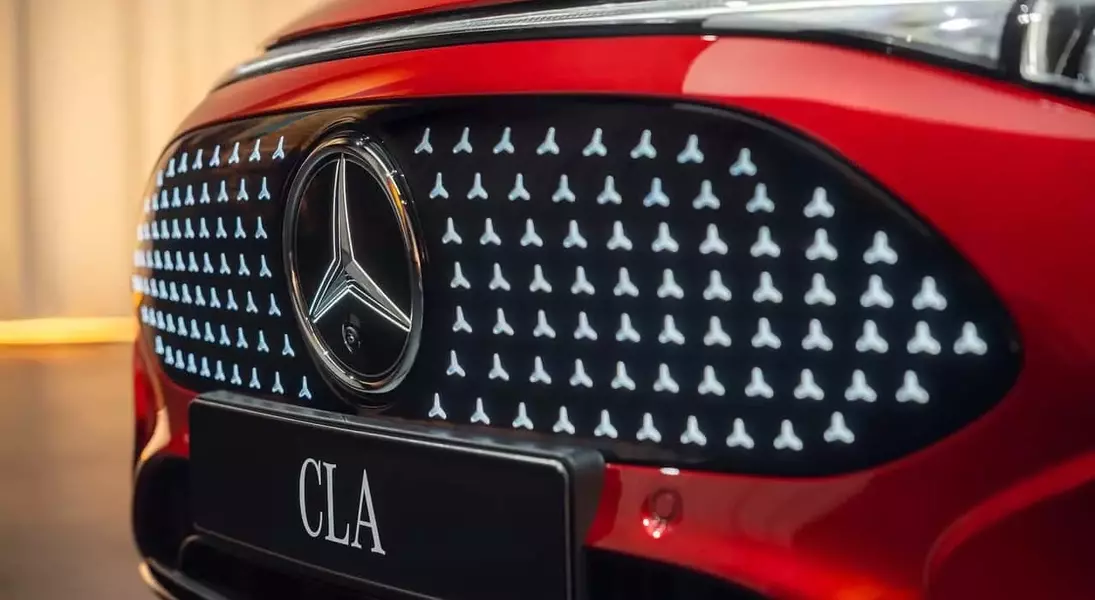




Mercedes-Benz: Steering Clear of Shared Engines, Fueling Innovation Independently
Mercedes-Benz Dispels Engine-Sharing Speculation with BMW
Recent whispers regarding a potential historic agreement for Mercedes-Benz to procure engines from its rival, BMW, have been definitively dismissed. Markus Schaefer, Chief Technology Officer and a key member of the Board of Management at Mercedes-Benz Group, has publicly stated that the company has no intentions of acquiring power units from external manufacturers, particularly not from a direct competitor like BMW.
Unfounded Rumors: A Look Back at the Speculation
Reports, which surfaced in August, suggested that advanced discussions were underway between the two prominent German automakers. The alleged plan involved Mercedes utilizing BMW's 2.0-liter turbocharged gasoline engine (B48) in upcoming models, specifically for compact vehicles and plug-in hybrid variants of the C-Class and E-Class. The supposed motivations behind this collaboration were to cut down on development expenses and ensure adherence to the impending Euro 7 emissions standards.
Mercedes-Benz's Resolute Denial at IAA Mobility Show
However, during the IAA Mobility Show in Munich, Schaefer categorically denied these claims. He emphasized that the speculation was without merit, affirming that Mercedes has developed its own modular engine family, known as FAME (Family of Modular Engines). This robust platform, according to Schaefer, is already fully compliant with EU7, China 7, and U.S. regulatory requirements, covering a wide range of engine displacements.
The Power of Proprietary Innovation: Mercedes' FAME Engine Family
Introduced almost four years ago, the FAME engine architecture encompasses four, six, eight, and twelve-cylinder configurations. This comprehensive design strategy aims to maintain relevance for Mercedes-Benz's internal combustion engine offerings even as the automotive industry rapidly shifts towards electrified powertrains. Markus Schaefer further confirmed that a new high-performance V-8 engine, designed to meet the most stringent emissions regulations, is nearing completion. He also reiterated that V-12 engines will continue to be an integral part of the Mercedes lineup, highlighting their commitment to a complete and updated in-house thermal engine range prepared for future demands.
Refuting the Smaller Engine Replacement Hypothesis
Some theories had previously suggested that Mercedes might, from 2027 onwards, replace certain smaller engines—such as the 1.5-liter turbo unit co-developed with partners like Geely under the Horse joint venture—with BMW's 2.0-liter counterpart. However, these suggestions lacked official confirmation from either Stuttgart or Munich. With Schaefer's recent declaration, it is now unequivocally clear that Mercedes-Benz has no plans to outsource its combustion engine production, especially to a primary rival.
Electrification and Stuttgart's Enduring Legacy
This rejection of external engine sourcing arrives at a crucial juncture for Mercedes-Benz. The company is actively accelerating its electrification initiatives while simultaneously maintaining its dedication to internal combustion engines. A prime illustration of this dual strategy is the new GLC, which will be available in an electric version at a price point similar to its combustion-powered counterpart, indicating a significant evolution in the technological landscape. Moving forward, Mercedes-Benz's engine identity is set to remain firmly rooted in its "Made in Stuttgart" heritage, symbolizing a steadfast commitment to internal engineering excellence.
